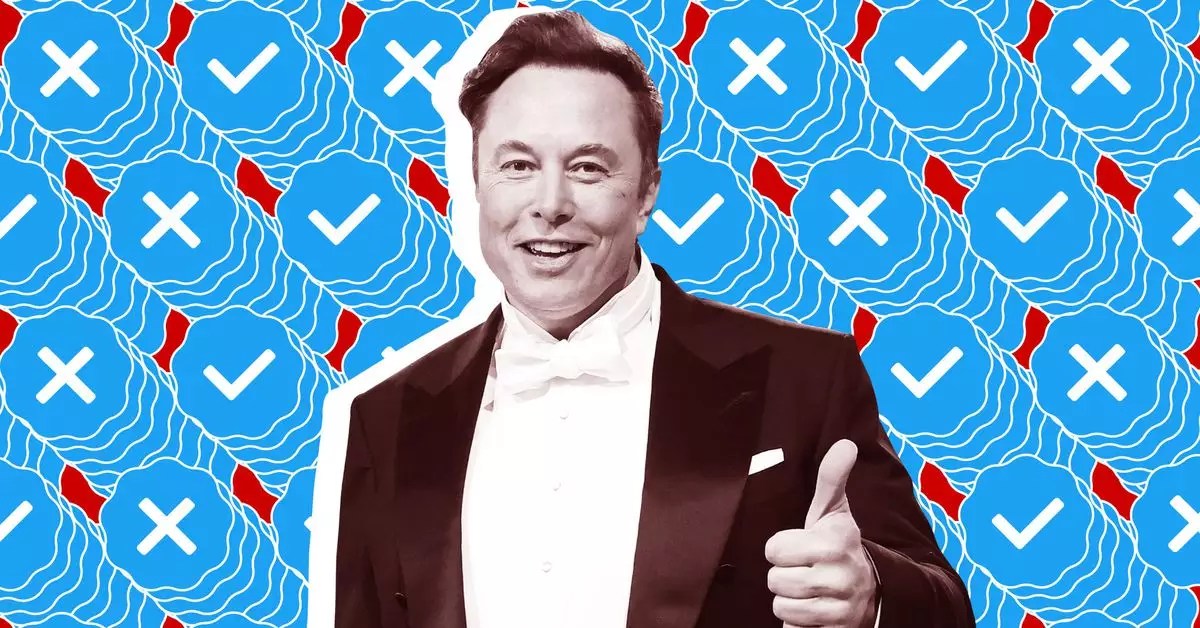Elon Musk’s much-anticipated interview with former President Donald Trump faced a series of technical difficulties right from the start. The interview was scheduled to begin at 8PM ET on X Spaces but didn’t kick off until 42 minutes later. Those who managed to join the Space reported that there was a delay, followed by 30 minutes of lo-fi techno music playing from Trump’s account. Musk later claimed that X was the target of a “massive DDOS attack,” which he said was the reason for the delayed start. However, it was later revealed that there was no actual denial-of-service attack, raising questions about the validity of Musk’s claims.
Despite Musk’s insistence on a DDOS attack being the cause of the delay, sources within X contradicted his statement, suggesting that there was a high probability of him lying about the attack. Musk also mentioned that the system was tested with 8 million concurrent listeners on the day of the interview, while there were only 915,000 people listening to the Space when it finally began. This discrepancy in numbers raises doubts about the accuracy of Musk’s assertions regarding the technical issues faced by X Spaces.
During the interview, Musk doubled down on his claims of a deliberate attack on X, stating that the opposition aimed to prevent people from hearing what President Trump had to say. This rhetoric not only deflects from the technical glitches experienced but also shifts the focus onto a conspiracy theory of censorship. By attributing the delay to external forces, Musk subtly shifts the blame away from any internal issues that may have caused the interview’s disruption.
The failed interview with Trump echoes a similar incident involving Florida Governor Ron DeSantis’s announcement of running for president, which also encountered technical difficulties. In both cases, Musk was quick to attribute the problems to overloaded servers or deliberate attacks, creating a pattern of behavior where external factors are blamed for internal shortcomings. This raises concerns about his transparency and accountability in addressing issues within the platforms he oversees.
In light of the rocky start to Elon Musk’s interview with Donald Trump, the handling of the technical difficulties and the subsequent explanations provided by Musk raise significant questions about the credibility of his claims. The reliance on conspiracy theories and external threats to explain internal failures only serves to obscure the real issues at play. As Musk continues to engage in high-profile events and interviews, it is essential for him to address such incidents with more transparency and accountability to maintain trust and credibility among the audience.


Leave a Reply